Google Analytics, GA, for short, may be a web analytics tool that gives in-depth insight into your website and business’s online performance.
Getting started with GA is simple , and in most cases, you'll begin to trace key metrics of online business directly . Google Analytics offers levels of complexity; the more you would like out of it. The longer you sink into it, the more beneficial it'll be for you.
The more relevant data of the channels you've got , the more opportunities for optimization, new ideas, and gaining an understanding of how connected everything is as compared to the business at large.
Google Analytics integrates with other Google services perfectly, and if you’re using other Google-based services for marketing, GA are going to be essential to trace their performance.
Only with web data and knowing exactly how your actions perform, you'll increase the return on investment of your website and businesses.
In every digital marketing strategy, data plays an important part, and having the proper tools in situ before any marketing attempts makes sure you’re getting the results you would like from it.
A successful business may be a fast-paced machine that reacts quickly to ever-changing factors, and web data can assist you discover what's happening your website.
We will discover what Google Analytics is thru its many benefits to your business and why using GA is important to know the status of your online performance.
How To created Your Website On Google Analytics
To set up your website on Google Analytics, you would like to feature the web site in Google Analytics Administration.- First, log into Google Marketing Platform together with your Google Account. From the dashboard, select Analytics.
Once Google Analytics is open, select Admin at rock bottom of the left navigation menu.
You’ll have a couple of options depending what percentage websites you hope to manage in Google Analytics. You’re only allowed up to 4 Google Analytics accounts, and every account is allowed up to 50 web properties, so keep that in mind when organizing your web properties.
- You can use one account to manage multiple websites. If you don’t have any Analytics accounts in the least yet, then select Create Account. Give the account a reputation that describes your internet company or organization. If you would like , you'll create one account for an internet site and provides the account an equivalent name as that website.
- Once you’ve created the account, return to Google Analytics administration, select the account you’ve created, and choose Create Property.
- On subsequent screen, select Web under Create property.
- Scroll right down to rock bottom of the page and choose Continue.
- On subsequent screen, give your new website a reputation within the Website Name field, fill within the URL within the Website URL field, select the right Industry Category, and eventually set the Reporting Time zone .
Add The GA Tracking Code To Your Website
Once Google Analytics successfully creates your new website property, you’ll see a Tracking ID that represents the code Analytics will use to log all traffic for your site.- Under the Tracking ID, you’ll see an outsized text field under Global Site Tag that has the script you’ll got to install on every page of your website for Google Analytics tracking to figure .
Ideally, you’ll want to insert this inside the <HEAD> tags of each page. Copy the script during this field and reserve it in Notepad or another place where you won’t break down .
If you’re employing a WordPress website, adding this script is straightforward .
- Open your site WordPress dashboard, select Appearance from the left navigation menu, and choose Theme Editor from the menu.
Typically, most WordPress themes include a topic Header (header.php). within the Theme Editor window, select this from the list of theme files.
In the editor window, find the <HEAD> tag and insert the Google Analytics text after it.
- At rock bottom of the page, select the Update File button.
- If you’re employing a CDN plugin, confirm to Purge CDN completely. this may confirm any browsers that have cached your site will retrieve the newest version, including the new Google Analytics script.
Once you’re finished, you ought to now see your new website listed under the Analytics account that you’ve created.
Advanced Analytics Features
There are a couple of Google Analytics tracking features that aren’t enabled by default once you first install the tracking code. However, these features can provide far more insightful information about the visitors that arrive on your site.- To see these features, log into your Google Analytics account, attend Administration and open the account you’ve created.
- Select the property for the web site you created and choose Property Settings.
- Scroll right down to the Advertising Features section and under Enable Demographics and Interest Reports, set the setting to ON.
This information are often tremendously helpful in tailoring your site for the interests and demographics of the bulk of your visitors.
Next, scroll right down to the Search Console section and choose Adjust Search Console.
This is a fast thanks to confirm the Google Search Console data is linked to the Analytics account for an equivalent property. You’ll be ready to see Search Console data in your Google Analytics reports once you enable this.
To enable this, on the Search Console Settings page, select the Add link.
You’ll see a page with all of the websites enabled in your Search Console account you only "> that you simply can prefer to link to the Analytics property you just created.
If you’ve just created your website and never added it to Google Search Console, you’ll got to do this before you'll link it to Google Analytics.
To do this, select Add a site to look Console. this is often beyond the scope of this text , but the method is fairly simple.
In the Google Search Console, just use the location dropdown list and scroll to rock bottom to pick Add property. Follow the instructions to line up the domain in Google Search Console.
Once it’s verified, subsequent time you visit an equivalent Google Analytics page above, you’ll see your new domain listed. you'll then select it to link it to the Google Analytics account for that very same website.
The last feature you’ll want to enable within the Google Analytics Property Settings is at rock bottom of the Property Settings page. Under User Analysis, you’ll see a setting for Enable Users Metric in Reporting.
This is a replacement feature where Google uses first-party cookies on user browsers to urge a more accurate picture of visitor count. This reduces the error rate and provides you with a way more accurate picture of what percentage users are literally visiting your site and what page they’re visiting.
Now you've got Google Analytics enabled for your site and every one of the advanced features enabled. Keep visiting the property page in Google Analytics for your site, and during a few days you’ll start seeing data flowing in with all of your website statistics.
Other Posts which will Interest You:
Using Meta Tags to boost search engine RankingWhite Hat SEO vs. Grey Hat SEO vs. Black Hat SEO
Using Meta Tags to boost search engine RankingWhite Hat SEO vs. Grey Hat SEO vs. Black Hat SEO
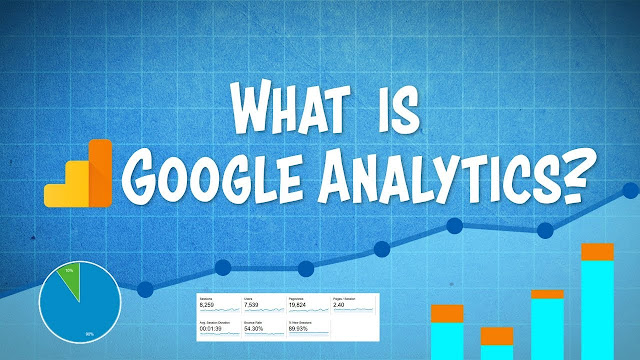
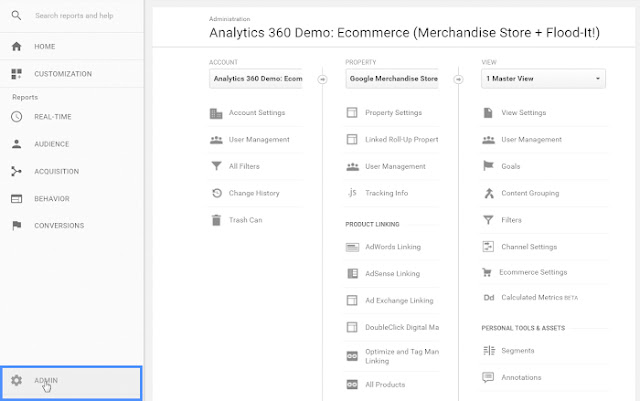
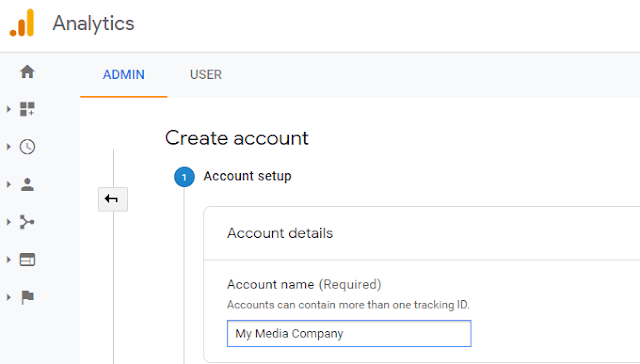
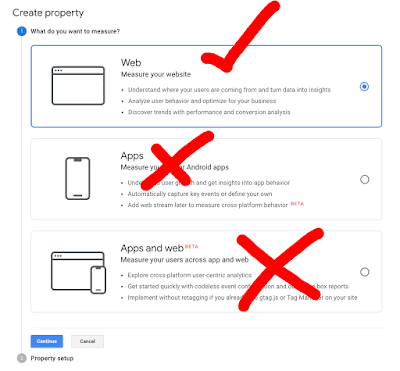
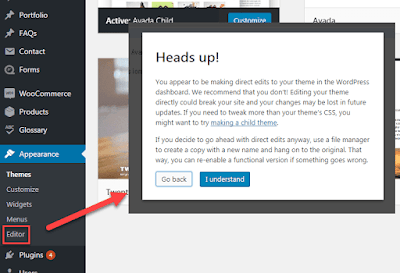
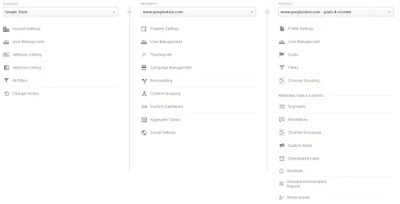







Thanks
ReplyDeleteWow, excellent post. I'd like to draft like this too - taking time and real hard work to make a great article. This post has encouraged me to write some posts that I am going to write soon. best hyperlink tracker
ReplyDeleteAwesome blog. I enjoyed reading your articles. This is truly a great read for me. I have bookmarked it and I am looking forward to reading new articles. Keep up the good work! best online rgb to hex converter
ReplyDelete